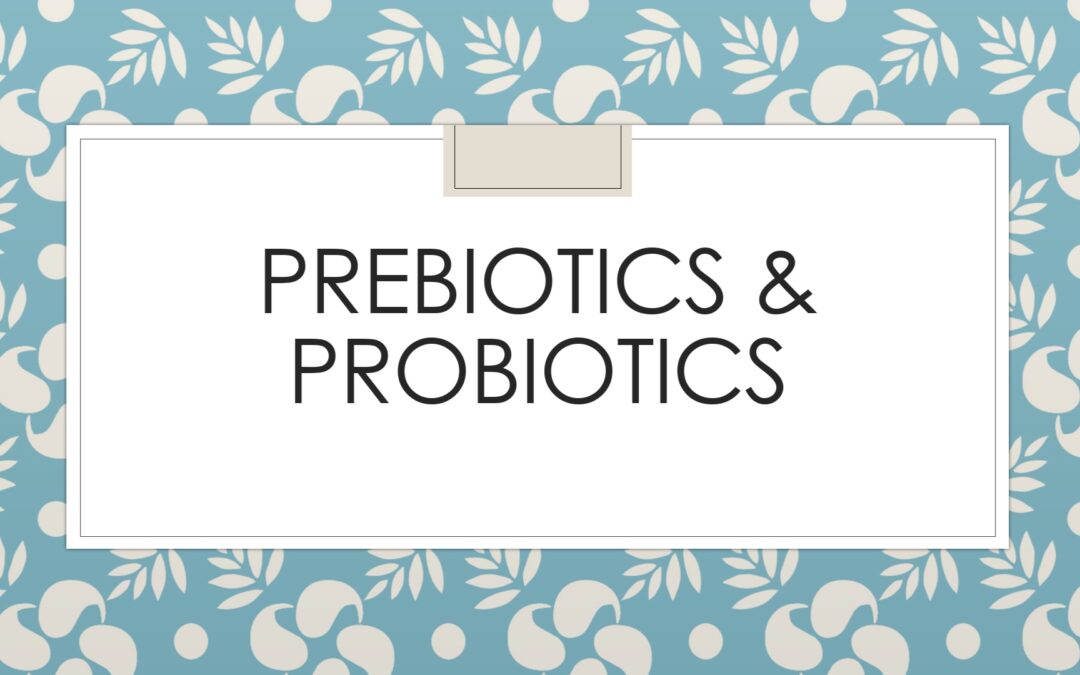Introduction
In the world of nutrition and gut health, prebiotics and probiotics are terms that frequently emerge. They are key components in the maintenance and enhancement of the gut microbiome, which plays a crucial role in overall health. While they are often mentioned together, prebiotics and probiotics serve distinct functions and offer unique benefits. This article will delve into what prebiotics and probiotics are, highlight their differences, and explore their advantages.
What are Prebiotics?
Prebiotics are non-digestible food components that promote the growth of beneficial microorganisms in the intestines. They are essentially food for the good bacteria (probiotics) that reside in the gut. Prebiotics are found in various high-fiber foods such as garlic, onions, bananas, and whole grains. These substances pass through the upper part of the gastrointestinal tract undigested and reach the colon where they are fermented by the gut microflora.
Common types of prebiotics include:
Fructooligosaccharides (FOS): Found in fruits and vegetables, they help stimulate the growth of beneficial bacteria like bifidobacteria.
Galactooligosaccharides (GOS): These are found in dairy products and certain root vegetables, and they also promote the growth of bifidobacteria.
Inulin: Present in foods like chicory root, asparagus, and leeks, inulin is a type of soluble fiber that supports the growth of beneficial gut bacteria.
What are Probiotics?
Probiotics, on the other hand, are live beneficial bacteria that are naturally found in the gut and also in various fermented foods and supplements. They contribute to the balance of the gut microbiome, which is vital for digestion, nutrient absorption, and immune function. The most common probiotics belong to the groups Lactobacillus and Bifidobacterium.
Probiotic-rich foods include:
Yogurt: Often containing Lactobacillus and Bifidobacterium strains, yogurt is a popular source of probiotics.
Kefir: A fermented milk drink that contains a diverse array of probiotic bacteria and yeast.
Sauerkraut: Fermented cabbage that is rich in Lactobacillus bacteria.
Kimchi: A Korean fermented vegetable dish that provides beneficial bacteria.
Differences Between Prebiotics and Probiotics
While prebiotics and probiotics both play crucial roles in maintaining gut health, they differ fundamentally in their nature and functions.
Nature and Source:
Prebiotics: These are non-digestible fibers found in various plant-based foods. They are essentially the food that probiotics feed on.
Probiotics: These are live bacteria and yeasts that are found in fermented foods and supplements.
Function:
Prebiotics: Serve as food for the beneficial bacteria already present in the gut. By promoting the growth and activity of these bacteria, prebiotics indirectly support gut health.
Probiotics: Directly introduce beneficial bacteria into the gut. They help to balance the gut microbiome by increasing the population of good bacteria.
Mechanism:
Prebiotics: Work through fermentation in the colon, where they are broken down by the existing gut bacteria, leading to the production of short-chain fatty acids that provide various health benefits.
Probiotics: Colonize the gut and compete with harmful bacteria, enhancing the overall composition of the gut microbiota.
Advantages of Prebiotics
Enhanced Digestive Health:
Prebiotics improve bowel regularity and prevent constipation by increasing the bulk of the stool and promoting its smooth passage through the intestines.
Improved Mineral Absorption:
They enhance the absorption of essential minerals like calcium and magnesium, contributing to better bone health.
Immune System Support:
By promoting the growth of beneficial bacteria, prebiotics help strengthen the immune system, as a significant portion of the immune system is located in the gut.
Reduced Risk of Disease:
Consuming prebiotics has been linked to a reduced risk of gastrointestinal diseases, such as irritable bowel syndrome (IBS) and inflammatory bowel disease (IBD).
Metabolic Health:
Prebiotics can aid in maintaining healthy blood sugar levels and may reduce the risk of obesity by promoting a feeling of fullness and reducing appetite.
Advantages of Probiotics
Restoration of Gut Flora:
Probiotics are essential in restoring the natural balance of gut bacteria, especially after it has been disrupted by antibiotics, poor diet, or illness.
Prevention and Treatment of Diarrhea:
They are effective in preventing and treating various types of diarrhea, including those caused by infections, antibiotics, and even travel.
Mental Health Benefits:
Emerging research suggests that probiotics can have a positive impact on mental health, potentially alleviating symptoms of anxiety, depression, and other mood disorders.
Enhanced Immune Function:
Probiotics enhance the gut barrier function, improve the production of natural antibodies, and may reduce the incidence of respiratory and urinary tract infections.
Skin Health:
Probiotics have been shown to improve skin conditions such as eczema and acne by modulating inflammation and improving the gut-skin axis.
Conclusion
Prebiotics and probiotics are integral to maintaining a healthy gut microbiome and overall health. While prebiotics serve as food for beneficial bacteria, probiotics are the live bacteria that colonize the gut. Both have unique and overlapping benefits, from enhancing digestive health and boosting the immune system to potentially improving mental health and skin conditions. Incorporating a balanced diet rich in prebiotic and probiotic foods can significantly contribute to a healthier gut and, consequently, a healthier life. Understanding the distinct roles and advantages of prebiotics and probiotics allows individuals to make informed dietary choices that support long-term health and well-being.
Contributor- Dr. Shivanshi Verma




